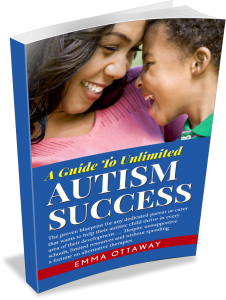I’m not sure about your family, but over Christmas mine love to play board games.
Most people are hesitant to play at the start but within 10 minutes they’re stood up shouting the game rules at the other teams to make sure they can’t cheat.
Yes, we’re one of those families!
And last year was no different…
We took a vote on which game we’d start with and “Articulate” was most popular.
My partner Drew and I were delighted with this as we’d won this game by miles the previous year.
Before I tell you about our double victory, let me explain the game for those of you who aren’t familiar with “Articulate”…
It’s a board game with a stack of colour coded cards, each colour represents a different topic, for example “home life”
The teams roll the dice then whichever colour box they land on the board, either them or their team member takes a card and has to describe whatever is written same colour box.
The rules are: when you describe to your team member you’re not allowed to use the word which is written…
For example if the word was “tent”, you’d say “It’s something you sleep in whilst camping.”
The more things your partner correctly guesses the more spaces you move the board. And the team who get to the finish first are the winners.
So the game is basically all about effective communication.
You need to think carefully about what you say when you’re describing to make sure that you…
2) Get your partner to guess correctly.
And yet again Drew and I won this year!
Whoohoo!
And I believe that’s down to good communication.
It’s like when you talk to a child with autism.
You should always think about what you’re saying and whether your words make sense.
Now I know that might sound a bit stupid so hear me out…
Children with autism are often literal and logical thinkers, so if you speak using idioms or metaphors they are unlikely to understand.
Here’s an example,
You’re playing in the garden with your child, they’re on the trampoline and showing off their best tricks.
You’re impressed so you tell them “Wow, you’re on fire today!”
For a child who thinks literally this can be very confusing and potentially distressing.
Your words are unlikely to make sense to them.
Here’s another example,
You’re trying to tidy up the house before your visitors arrive, but every time you put a toy away your child throws it back out of the toy box.
You are tired and frustrated by their behaviour so you say firmly “You need to stop!”
Again, for a child who thinks literally this can be very confusing.
Stop what? They might think.
So can you see how your language could be stopping your child from understanding you?
Have a think about how you could tweak your language and let me know how you get on.
Speak with you soon until then,
Live every moment, Love beyond words and make a difference today
Emma Ottaway
The Ambitious Autism Ambassador


